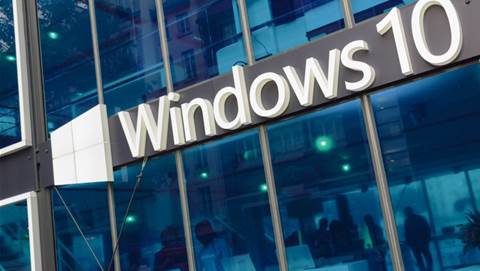Woodside Energy is set to take a 35 percent stake in Blue Ocean Seismic Services (BOSS), a developer of tiny autonomous submarines used to collect data from the ocean floor.

The liquefied natural gas (LNG) operator said that seismic data is “critical for understanding geological formations and the nature of hydrocarbon resources that may be contained within them.”
“Current methods use remotely operated vehicles to place nodes on the ocean floor that capture and record soundwaves,” the company said in a statement.
The concept of using autonomous underwater vehicles (AUVs) in place of remotely-operated vehicles was jointly developed over two years by Woodside and Perth company Blue Ocean Monitoring (BOM); BOSS is the result of that work.
“The AUVs are small submarines that are preprogrammed to self-deploy to the ocean floor and reposition multiple times,” Woodside said.
“This method will improve efficiencies, lower costs and reduce people’s exposure to health and safety risks.”
“The use of AUVs is a priority in our technology strategy, and has global applications,” Woodside’s executive vice president of sustainability Shaun Gregory said.
“We see ocean bottom monitoring playing an important role in helping us to understand more complex geological settings.”
Small sea trials of the technology are set to run through 2019, “ahead of the first seismic test in early 2020.”
In a video, the two firms said that the submarines or “nodes” would be deployed using an automated launch and recovery system on a “mothership” vessel.
The nodes are then able to autonomously navigate into position on the seabed, remain in place and transmit acoustic communication back to the mothership on the surface.
Once all the nodes are in position, seismic data acquisition starts. The nodes are also able to relocate to new positions autonomously.

























